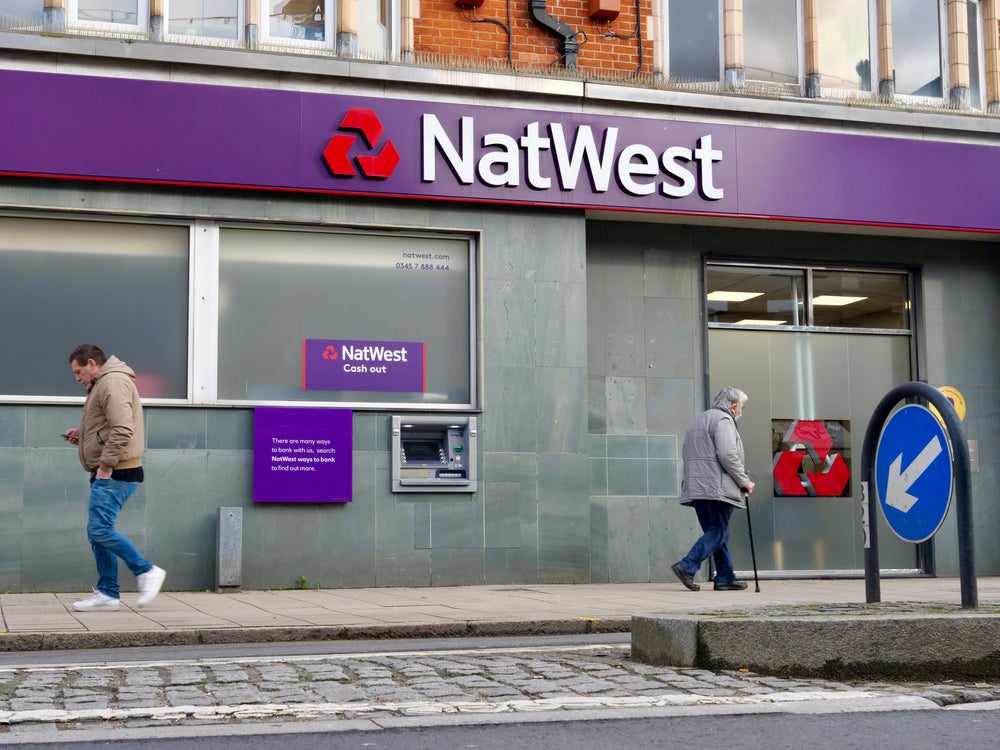As we all know, the payment industry is undergoing significant change. This development is driven by regulatory, technological and social changes. As a result it is very apparent that existing players in the payment arena need to become more agile in order to adapt to the dramatic changes in the market.
The most logical step for financial service companies and payment providers to take in order to adapt successfully is to leverage their existing core business. However, this comes with its own set of challenges as today’s companies are not organised or designed for rapid market oriented changes nor do they have the business architecture in place that would allow for rapid changes to take place. That holds true for banks and payment institutions alike.
In order to overcome this, companies inevitably try different things such as attempts to disrupt themselves with initiatives to become “digital”. For example, this could be to build up a digital shadow company or look for ways to partner with more agile external providers to become “digitally organised”. While most of this activity will likely take years to implement in order for it to really bear fruit, the industry as a whole is moving towards complete digitisation.
Now, if we compare this development with the advent and ever growing fintech environment the difference is stark. Fintech companies do not have these challenges because they start from a clean base with no legacy issues and are built from the ground up to be agile. However, some critics may argue that it’s just a matter of time before fintech businesses that increase their scale create the same level of complexities that incumbents have to deal with now and that given time their agility will slow – in the scenario, only time will tell. But for now they have the adaptive advantage.
Today however, fintech companies lack the size and scale of an established customer base which takes years to build and is something that established players can provide. If only there was a way to give these fintech companies access to customers and for incumbents to benefit from the fintech sector’s developments.
This has brought the whole payment industry to a position where there is a race to become a platform from which fintech providers could offer their services. But why even let fintech participate? In today’s world, no company can afford to create and build everything in-house. With rapid changes in the market also come rapid changes in requirements for skills, expertise and know-how in completely new areas.
How well do you really know your competitors?
Access the most comprehensive Company Profiles on the market, powered by GlobalData. Save hours of research. Gain competitive edge.

Thank you!
Your download email will arrive shortly
Not ready to buy yet? Download a free sample
We are confident about the unique quality of our Company Profiles. However, we want you to make the most beneficial decision for your business, so we offer a free sample that you can download by submitting the below form
By GlobalDataThis is best illustrated in the world of artificial intelligence (AI). AI is becoming one of the drivers that lead to new and exciting capabilities. Most companies will not immediately be able to create new programs that deal with these changes but they realise that these developments can greatly benefit their own customers. Companies that have understood this, attempt to stop disintermediation by becoming more valuable through their own ecosystem which is accessed through their platform. In many ways, this is not that different from how Apple’s ecosystem keeps its consumers “locked-in” with ever new features and gadgets or how Amazon’s ecosystem increases switching costs (convenience) with programs such as “Prime”.
Today’s traditional players in the payment cards business risk rapidly becoming a utility (or commodity) that is easily swapped out. That is the driver behind payment service providers becoming platform businesses with the help of the fintech sector and other providers in order to re-intermediate the customer.
The possibilities and opportunities are vast and by working together, the payment industry and the fintech sector have an opportunity to truly change the landscape and deliver services that offer real value to the industry.
Urs Gubser is Head of e-commerce at SIX Payment Services







